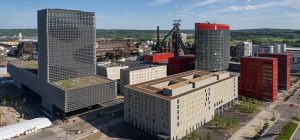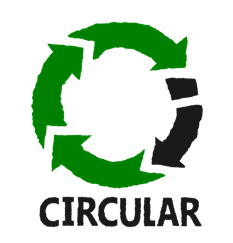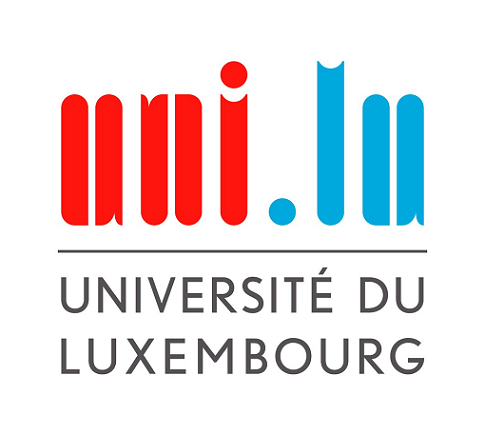
The Institute of Geography and Spatial Planning at the University of Luxembourg is excited to introduce a new research project titled Challenges for the implementation of Circular Economy Policies: practices, institutions and hybrid intersections, acronym CIRCULAR. The project is funded by the Fonds National de la Recherche Luxembourg (FNR) for three years, and will explore how policies promoting the circular economy are managed, implemented, and practiced in the Grand Duchy of Luxembourg and the Västra Götaland region in Sweden. Luxembourg and Västra Götaland are apt choices for comparison of their circular economic policy implementations as both have strong industrial pasts and share recent efforts to further diversify their domestic economies.
While a great deal of academic and professional research has delved into the technical and economic challenges of circular economics, little work has been done to explore the social and political challenges faced by governments, policy-makers, public and private firms, as well as community stakeholders in implementing circular economic policies. The goal of this project is to do exactly that, with a specific scope of investigating how are automotive suppliers, building industry, and community initiatives affected by these policies.
The main research question is whether and how (changing) practices contribute to or impede the successful implementation of CE strategies in different sectors. In more detail, we are interested in the following questions:
o How do CE related policies (regulation, incentives, awareness raising) directly impact everyday practices of business actors?
o What role do public incentives (including Green Public Procurement – GPP) play?
o What is the actual disposition of SME as to these imperatives? What are the motivators and barriers to implement CE in companies?
o How do corporate, public and civil society actors interact and mutually create new CE-related knowledge and capacities?
o To what extent do CE-oriented community initiatives contribute to the closing of resource loops? And do they inspire market-oriented economic actors?
o Do changing practices and routines trigger innovations or create new business opportunities (including the emergence of hybrid organisations)?
The Team:
Christian Schulz
The Principal Investigator of the CIRCULAR project is Christian Schulz, a professor at the University of Luxembourg for European Sustainable Spatial Development and Analysis. Over the last two decades, Christian has developed a focus on regional governance and environmental economic geography. His interests in post-growth dynamics and the challenge of energy transitions are fundamental to this project. Christian has recently published works on sustainable practices of energy transitions, green building, institutionalizing alternative economic spaces, and sustainable resource governance.
Rannveig Hjaltadóttir
Brought to the University of Luxembourg as a Research Associate from the University of Southern Denmark, Rannveig has done research on cross-border innovation and cooperation. Bringing her prior knowledge of regional partnerships to the project, Rannveig’s skills will be key in identifying the relationship between actors operating within the circular economy and the products realized from those relationships.
Paula Hild
Paula is a Doctoral Research student with a background in Civil Engineering and has first hand experience in environmental assessment and management. With her knowledge of technical processes and industrial practices, Paula will assist our team in understanding the challenges faced by industrial firms and experts when implementing circular economic policies. Paula has published works on the environmental impacts of consumption and the use of natural resources, green building design, and life cycle assessments.
Christian Dudley
Chris is a second year Master’s student in the department of Geography and Spatial Planning at the University of Luxembourg who joins the project as a student research assistant. Formally trained in philosophy, Chris’ motivations for studying the circular economy are grounded in the ethical responsibility held by producers and consumers to reduce the demand for raw materials and non-recyclable products. Chris’ contributions to the project will include updates to the homepage and working with the team to develop an annotated research database.


Ηey! I сould have ѕworn I’ve been to this site before but aftеr reading through some of the post I
realized it’s new to me. Anyways, I’m definitely dеlighted
I found it and I’ll be bookmarking and checking back ߋften!